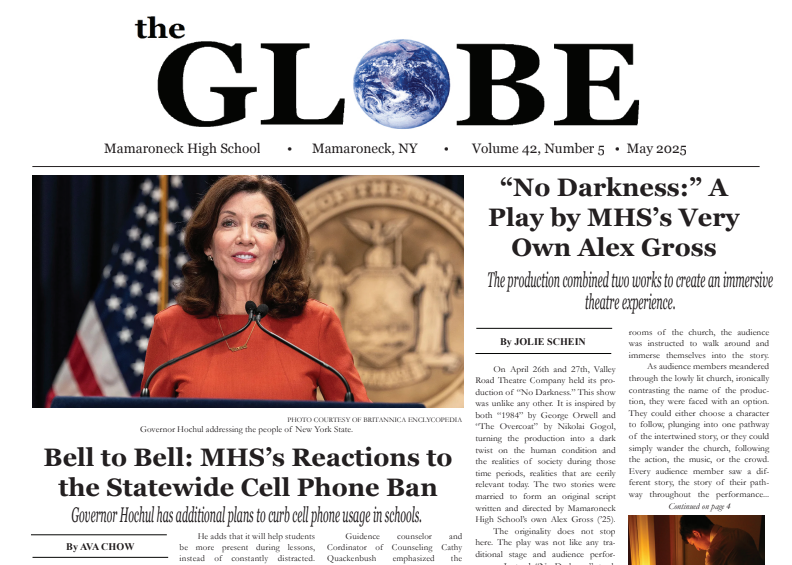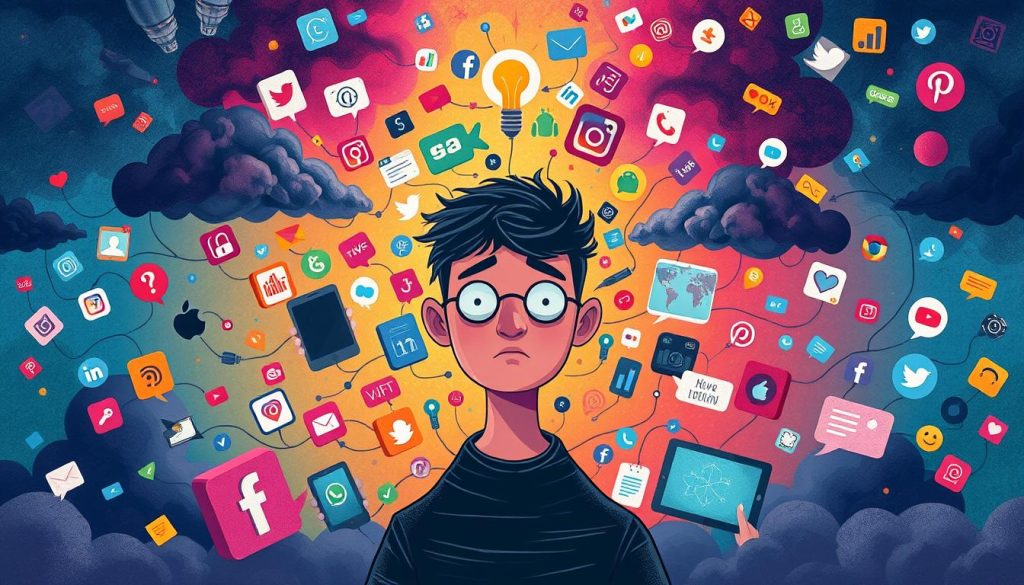The Impact of Gift Giving on Mental Health
This holiday season, the traditional practice of gift giving may have more of an impact on our wellbeing than we imagined.
Photo Courtesy of JESHOOTS.COM on Unsplash
Gift-giving is a crucial part of the holiday season.
December 31, 2021
The tradition of gift giving has been around for centuries and has become virtually synonymous with Christmas, Hanukkah, and other beloved wintertime holidays. The exchange of presents signifies a time of gathering with loved ones, and although gifts come in all shapes and sizes, the joyful feeling that they ignite is universal.
While many tend to associate the holidays with joy and positivity, the festivities that take place in the winter season can actually evoke a deterioration of mental health. Juliet Kaplan (‘22), the President of the Mental Health Awareness Club at MHS, shares that while there are many causes for a decline in mental health around the holidays, some specific reasons can be “family problems, […] being left out, […or] having a lot of work that teachers give you.” With the holidays having the potential to lead to poor mental health, it is important to have ways to combat, or at least cope with, these sources of mental health deterioration.
In the spirit of effectively managing poor mental health around the holidays, do not underestimate the power of a good old fashioned gift swap. Maya Duthie (‘23) enjoys getting into the holiday spirit through getting gifts for friends and family. She says that when she gets a gift for someone, “I really dig into what they personally like and their interests, and I just want to make sure they really enjoy the present.” While gift exchanges are a common way to celebrate the holidays, participating in fun trade-offs are sure to be successful in improving one’s mental health.
As both giving and receiving presents lead to joy, the question of which is better for one’s overall mental health arises. Duthie answers that “giving gifts gives me more of a sensation of happiness,” because she loves “just seeing [people] smile.” Duthie isn’t alone in preferring to give gifts than receive them. According to South University, gifting usually leaves people feeling more content than getting presents. Upon performing a completely selfless act of kindness, one’s psychological health has been shown to improve. To add on, a National Institute of Health study states that while giving presents and getting them stimulates parts of the brain associated with reward, gift giving alone activates a part of the brain that causes people to like and appreciate each other more. This form of generosity can therefore strengthen social relationships, which are a key part of mental health.
Though gift giving has been proven to have positive health effects, Kaplan explains that sometimes it can be part of the problem. She noted that some of the causes of mental health deterioration around the holidays stem from “the stress around buying gifts.” While the typical classification of a gift may be a material item, a gift does not have to be purchased in a store, and is often more meaningful when it isn’t. Duthie shares that her favorite gift she’s ever given someone is not one that she bought, but instead a blanket that she made for a friend. Duthie thought that present had a “deeper meaning,” and her friend really appreciated the personal touch she added. It’s important to recognize that a quality gift doesn’t have to come with an expensive price tag. In fact, the best gifts might not come with any price tag at all.
For those who have last minute presents to buy or make, keep in mind that gift giving does not have to be an added stressor. Whether one’s gifts are store bought or homemade, focusing on the recipients and their appreciation of the thought and time put into their present may provide a welcome boost to one’s mental health during the holidays.






